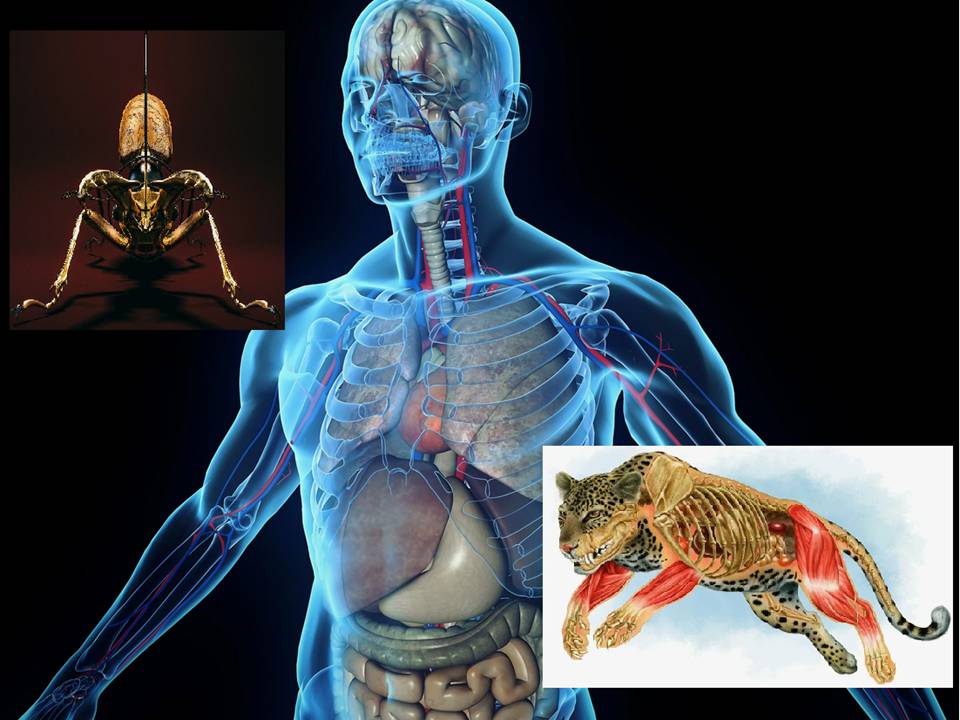
Ichthyology is a branch of zoology that focuses on the comprehensive study of fish and cyclostomes. Fish make up the largest and most diverse group of vertebrates. They inhabit nearly all water sources, displaying a wide range of morphological, accompanying, and behavioral adaptations. You can find fish in ponds, streams, tiny desert springs, open waters, and on the ocean floor, even in cold mountain streams. The list of their habitats is nearly endless.
This course will be useful for students planning to study vertebrate zoology, agriculture, the food industry, aquaculture, and fisheries. The course will cover the characteristics of fish ecology, taxonomy, behavior, reproduction, and zoogeography, as well as the basics of aquaculture and fisheries.
The first part of the course will focus on the bans affecting fish products from both abiotic and biotic perspectives. It will demonstrate the diversity of fish adaptations to various environmental factors and intra- and interspecific restrictions. The second part will cover the fish life cycle, reproduction conditions, and development. The third part will examine the diversity and taxonomy of fish. In conclusion, we will discuss the practical importance of fish to humans and the fundamentals of sustainable fisheries.
- Преподаватель: Zhukova Kristina
This course gives a base for understanding of the processes in vivo. To form the student's basic concepts and knowledge of biochemistry necessary for successful teaching of biological sciences, to give the fundamental foundations of metabolic processes. To study the principles of regulation of metabolism. To teach practical skills of working in a biochemical laboratory. To explain the relationship between the structural features of organic substances and the functions they perform. To study pathological changes in the cell leading to disruption of metabolic processes. To identify the important role of fundamental knowledge in biochemistry in the interdisciplinary space.
- Преподаватель: KOLOTVIN ANDREI
- Преподаватель: Trusova Svetlana
- Преподаватель: Рыбченко Владислав

The purpose of the discipline 'Human and Animal Physiology' is to acquire knowledge about the laws governing the functioning of the body and its individual parts. This includes understanding the principles of maintaining human health, exploring the mechanisms of adaptation in humans and animals to environmental conditions. The discipline also aims to prepare students for the study of other subjects in the professional and natural science cycles, contributing to the enhancement of their overall biological knowledge and expertise.
Objectives of the Discipline:
- Explore and analyze the principles of perception, transmission, and processing of information within the body.
- Foster students' skills in analyzing the functions of an integrated organism, considering the structure of inter-organ and intersystem relations from the perspective of integral physiology.
- Examine the mechanisms of nervous and humoral regulation, as well as genetic, molecular, and biochemical processes influencing the dynamics and interaction of physiological functions.
- Investigate the patterns of functioning of the major body systems in ontogenesis and evolution.
- Explore the mechanisms and patterns responsible for maintaining the constancy of the body's internal environment.
- Study methods and principles for assessing the state of regulatory and homeostatic systems in experimental settings.
- Introduce students to the fundamental principles of modeling physiological processes when studying visceral functions of the body.
- Instill a systematic approach among students for understanding the physiological mechanisms underpinning interactions with environmental factors, the nuances of intersystem interactions during purposeful activity, and the implementation of adaptive strategies in the human and animal body.
Results of Teaching the Discipline (Module):
The outcomes of this discipline/module serve as the foundation for the development of subsequent disciplines/modules and practices, including environmental physiology, comparative anatomy and physiology, physiology of sports, and age physiology.
- Преподаватель: Mishchenko Aleksandr
This course provides an in-depth exploration of neurobiology, focusing on the fundamental and integrative aspects of neurons and glial cells within the nervous system. Students will learn the basic research techniques in neuroscience, structure and functions of neurons and glial cells, electrical activity of neurons, synapitic transmission of neurons. Besides, the roles of nerves in various neurological disorders will be emphasized. By bridging molecular, cellular, and systemic perspectives, students will gain a comprehensive understanding of how neural and glial interactions underpin brain function and dysfunction.
- Преподаватель: 李 慧